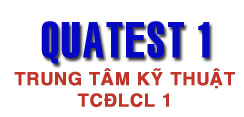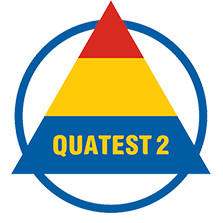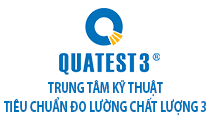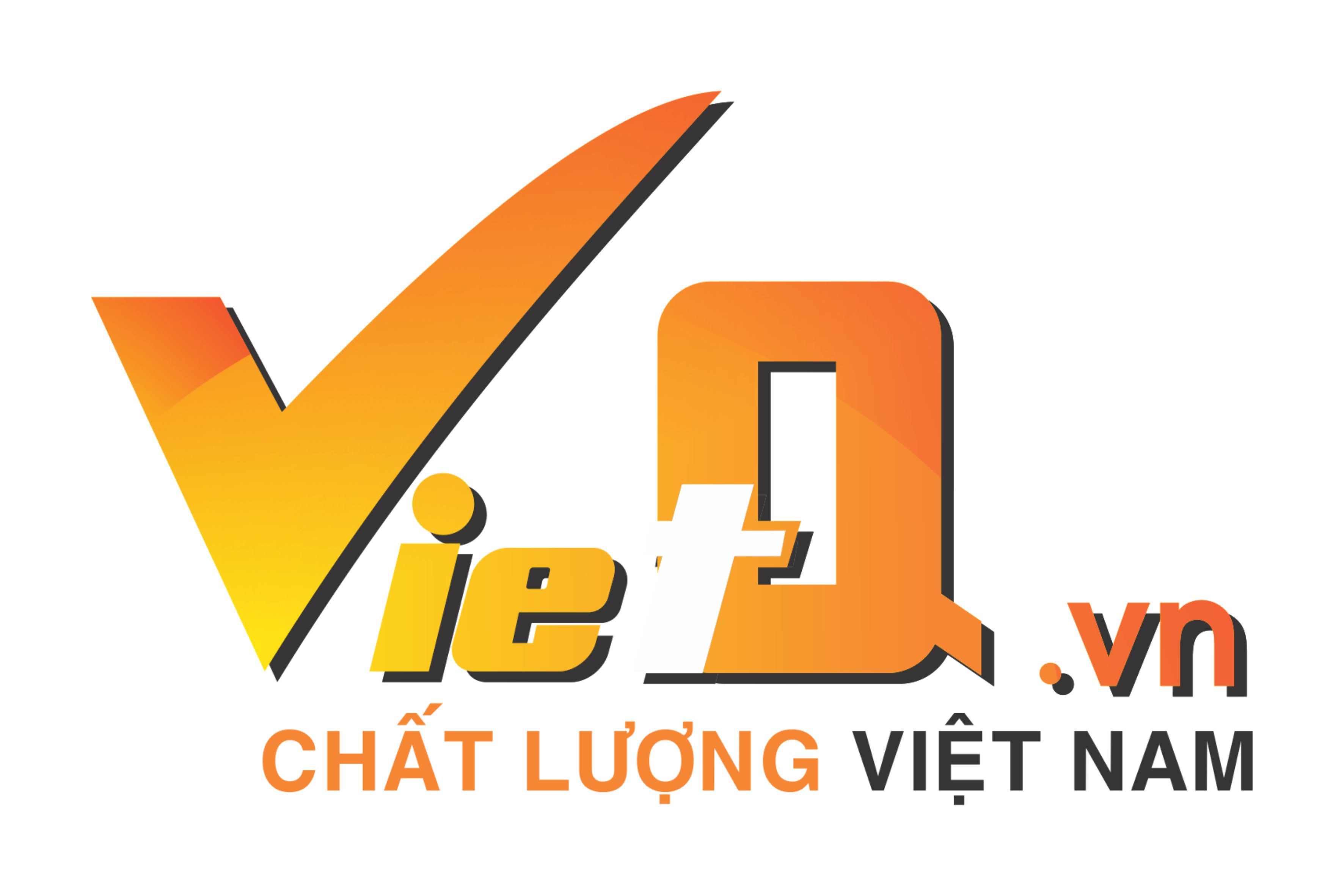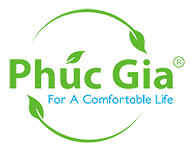STAMEQ’s Youth Union with Productivity – attending P-talk session: Unlocking Productivity in Green Supply Chain management
Post date: Saturday, May 25, 2024 | 18:09 - View count: 317
On 23rd May2024, The Executive Committee of Ho Chi Minh Communist Youth Union of Directorate for Standards, Metrology and Quality (STAMEQ) organized a P-Talk live broadcast on the official Youtube channel of the Asian Productivity Organization (APO) with the topic: “Unlocking Productivity in Green Supply Chain management” attracting the enthusiastic participation of Youth Union’s members.
Green supply chain management (GSCM) practices integrate environmental considerations into product design, material sourcing, manufacturing, product delivery to consumers, and end-of-life management. In this P-Talk, Director Niranja Jayakodi, National Productivity Secretariat of Sri Lanka, leads a discussion with Prof. Saman Yapa, University of Sri Jayewardenepura, on how GSCM minimizes environmental impacts while ensuring efficiency and profitability within supply chains.
GSCM is a combination of environmental factors associated with the management of its value chain, including product design, raw material supply, production process, and product distribution to end-users and end-of-life management of the product. Supply chain management activities will greatly impact the business’s ability to reach out as well as customer’s trust. If the supply chain is well-managed, businesses can not only reduce product costs, increase business profits, ensure high-quality products, but also reduce negative impacts on the environment.
The concept of Triple Bottom Line (TBL) in the field of business and sustainability was also shared by Prof. Saman Yapa. TBL is a measure of an organization’s efficiency and success based on its financial returns and social as well as environmental impact, focusing on three key factors (economic, social and environmental).
– Economic: evaluating and monitoring the impact of business activities on an organization’s finance and financial performance.
– Social: promoting the social responsibility of organizations, including creating jobs, providing fair working conditions, ensuring human rights and making positive contributions to the community.
– Environmental: measuring and evaluating an organization’s impact on the environment, including the use of natural resource, emission, pollution and environmental protection (reducing waste, minimizing ecological footprint, conservation of natural resources…).

Nowadays, organizations increasingly recognize the importance of integrating environmental factors into their supply strategies, bringing many new business opportunities. Using environmental resources effectively reduces costs and increases operational efficiency. To help listeners have a clearer view of the environmental impact of green supply chain, speakers gave many typical successful examples of large businesses and corporations in the world (for example: IKEA, Walmart , Patagonia, Nike, Unilever).
Greening the supply chain in terms of productivity has a huge impact on organizations, helping to reduce costs (reduce energy consumption, reduce waste, optimize transfering distance), and effectively use resources (energy, water, raw materials), increase brand reputation and image, connect relevant stakeholders. In addition, an interesting topic in the world today, the impact of reducing carbon footprint, was also mentioned in the talk. Organizations are increasingly aware of their role in addressing climate change and are adopting a variety of strategies to reduce carbon emission.
The P-talk session is a part of main activity to raise awareness for STAMEQ Youth Union on Productivity and Quality as well as fostering and improving English among members.
Ngoc Minh – Youth Union of STAMEQ Public Agencies’ Block














